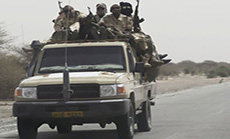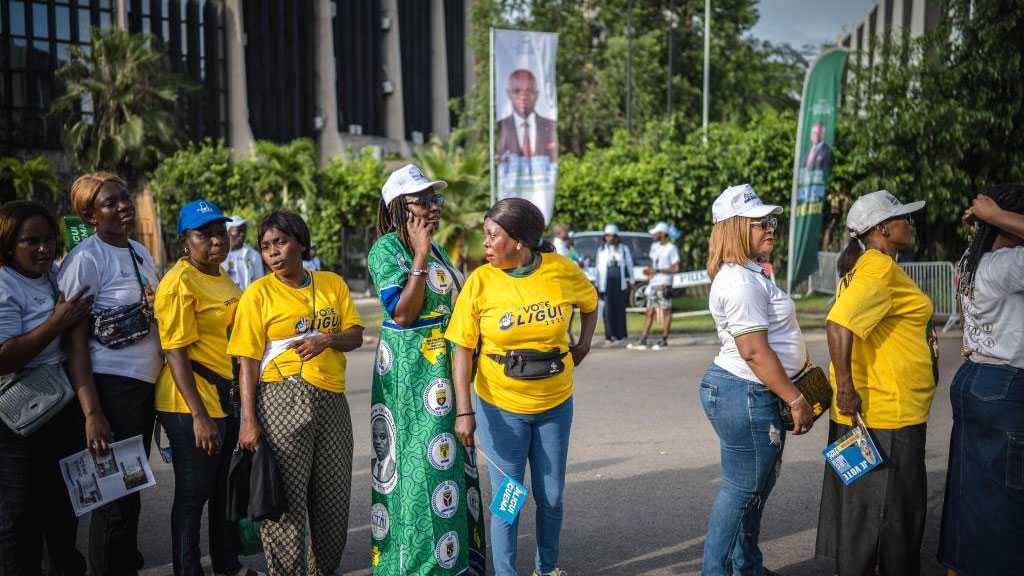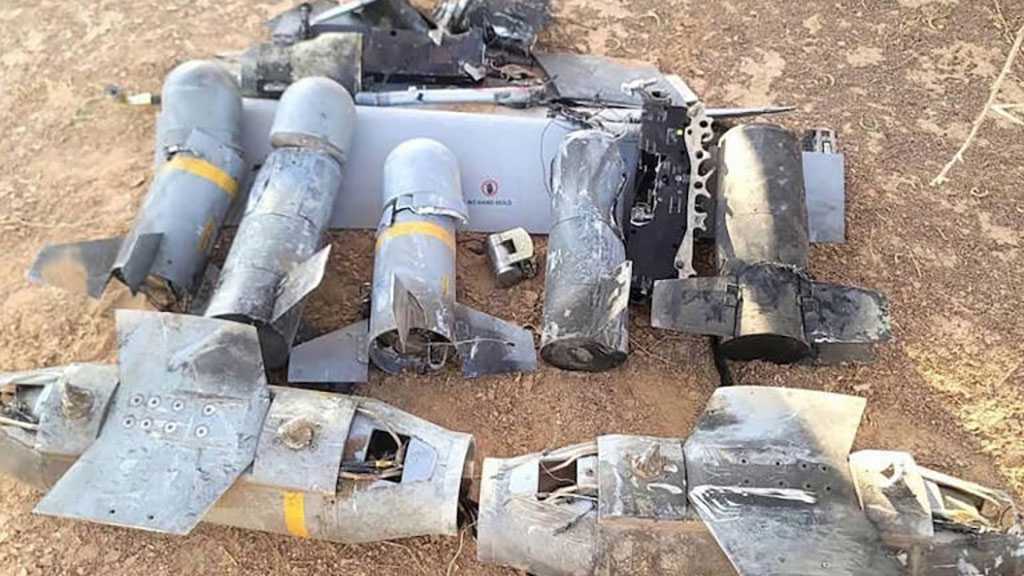Niger, Chad Attack Boko Haram after ’ISIL’ Pledge

Local Editor
Niger and Chad launched major strikes from the air and ground in northeast Nigeria against Boko Haram, after the militants formally pledged allegiance to "ISIL".

The attacks, which followed a sustained buildup of troops in southern Niger, opened up a new front in regional efforts to wipe out the Takfiri group, whose six-year insurgency had spread across borders.
"Very early this morning, troops from Niger and Chad began an offensive against Boko Haram ... in the area of Bosso and near to Diffa," a Niger government source in Niamey stated on condition of anonymity.
More than 200 vehicles, some of them with machine guns, as well as tanks, ambulances, water tankers and transport trucks, were seen moving toward the border.
Moreover, sources declared that an aircraft targeted Boko Haram positions while troops were seen heading to the border and heavy gunfire was heard.
The previously lackluster counterinsurgency against Boko Haram had been given vigor with the deployment of troops from Cameroon, Chad and Niger last month.
The armies claimed a series of successes in militant-held territory in recent weeks, as part of an operation to clear and control northeast Nigeria in time for general elections set for March 28.
Much of the focus had been on Chad's well-trained army, who had experience in tackling al-Qaeda-linked extremists in Mali alongside French forces.
But Nigeria's military spokesman Chris Olukolade declared the Nigerien and Chadian attacks were "complementary to the ongoing push against the terrorists" that it was heading.
"The mission of routing the terrorists from Nigeria's territory is being conducted from various fronts in and out of Nigeria and is achieving expected results so far," he said.
However, the African Union endorsed the creation of an additional regional force of up to 10,000 men to join the fight against Boko Haram.
But according to analysts, Boko Haram's pledge of allegiance to "ISIL" in an audio message could be a game-changer.
Boko Haram leader Abubakar Shekau described the formal pledge of allegiance to "ISIL" senior Abu Bakr al-Baghdadi as a religious duty.
In doing so the Nigerian militants joined extremists from Libya to Pakistan who had done the same, as "ISIL" looked to expand its reach.
There had been growing indications that Boko Haram was looking to formally align itself, when Shekau declared the captured town of Gwoza, in Borno state, part of a caliphate.
That followed a similar declaration by Baghdadi while both groups had captured swaths of territory.
In recent weeks, previously poorly produced Boko Haram videos took on the look and became more polished "ISIL" propaganda and were posted directly online, guaranteeing a wider audience.
"ISIL" was also reported to have received pledges of allegiance from militants in Nigeria.
Shekau might have attempted to tone down his violent rhetoric and improve Boko Haram's public image among the wider Takfiri movement but indiscriminate attacks continued against civilian "soft" targets.
Source: News Agencies, Edited by website team
Comments
- Related News




